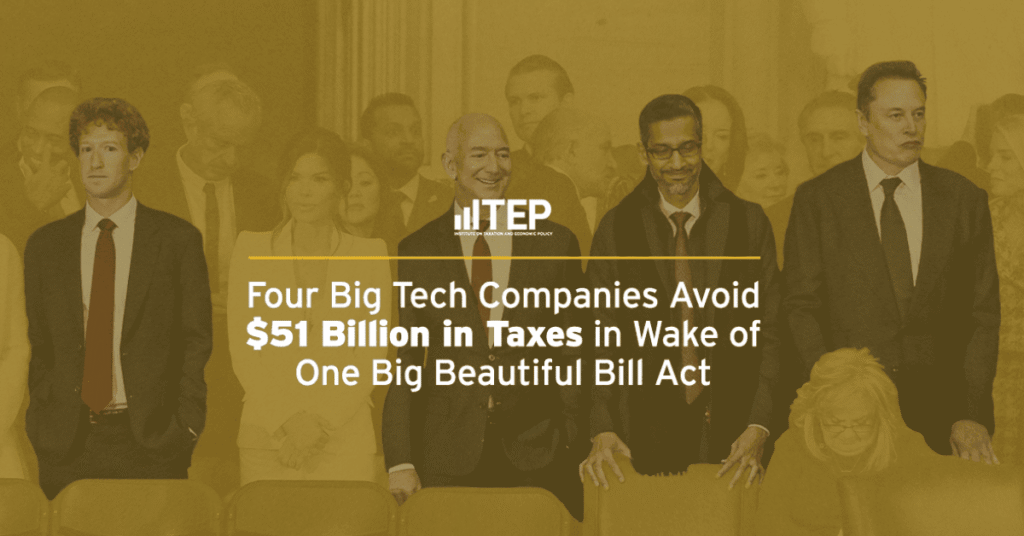By Greg LeRoy
Amazon.com’s announcement of a 20-site “short list” for its second headquarters, or “HQ2” location, is provoking a public backlash that could reshape how economic development is done in the United States.
In one sense, Amazon is continuing to behave as predicted, staging a public-relations stunt apparently to extract the largest possible subsidies from its chosen site. Its so-called “short list” is nothing of the sort. The 19 U.S. bids come from 15 metro areas that include 28 percent of the nation’s population, including nine of the 10 largest metro areas.
But inadvertently, Amazon has performed a great public service. It has dragged the obscure site location process out of the shadows and into a harsh public spotlight. Many Americans are rightly aghast at what they see: a secretive process in which billions of taxpayer dollars are hastily offered to a large corporation with no public input.
This HQ2 auction marks a new era in economic development, one in which people expect more transparency and accountability.
More than 130 organizations have signed an open letter to Jeff Bezos demanding that Amazon abandon any plans to avoid paying its taxes and instead engage with community groups on specific benefit agreements to ensure that the HQ2 project does not impose higher taxes and displacing gentrification onto current residents.
The 20 localities named as remaining contenders should fully disclose their incentive bids right now and invite real public participation to revise them. Residents need to know if the proposed deals are structured to help them benefit in any way and to shield them from gentrification.
My message to the elected leaders of the 20 localities: This is not your grandparents’ site location deal. You should cooperate and communicate freely with each other, to avoid overspending and to strengthen your bargaining hand. By Amazon’s choice, this is a public auction, so you should conduct this deal out in the open. (The other 218 locations should fully disclose, too!)
Incentives will be somewhere between marginal to irrelevant in Amazon’s decision. That’s because all state and local taxes combined equal just 1.8 percent of the average company’s cost structure. It’s the other 98.2 percent of costs for business basics such as labor, occupancy, and other business inputs that almost always determine where companies expand or relocate. In this case, as in any large corporate headquarters siting, the key variable is the executive talent pool.
Economic development incentives may be marginal, but there are other aspects of state taxation, such as apportionment formulas, that are often larger issues for determining actual corporate ROIs. There is also an important difference between automatic and discretionary incentives. (See our reporters’ tipsheet on that.)
Saying that subsidies are marginal to irrelevant doesn’t mean Amazon won’t go to great lengths to get as many as it can. Indeed, since the creation of its own internal tax-break office in March 2012 with the hiring of Michael P. Grella, Amazon has gone on a tax-break binge. To date, it has received more than $1.1 billion in state and local subsidies, including at least 23 deals in 2017 alone. (See Good Jobs First’s running tally of Amazon subsidies.)
Amazon is merely the latest company to exploit America’s 80-year old site location system that has evolved to give companies all the power and ensure that public officials are helpless to protect taxpayer interests. The problem is especially acute for “megadeals,” where we estimate the average cost per job at $658,000, a level at which taxpayers will never break even. As we have twice written, there is a real risk that Amazon could obtain a negative income tax rate while also avoiding sales and property taxes. (See Good Jobs First’s December 2016 study on Amazon subsidies.) (See our megadeals database.) (See Chapters 2 and 3 here on site location history.)
Let’s all tune out the 1.8 percent of Amazon’s costs and focus instead on the 98.2 percent business basics, and the 100 percent necessity governments have to sustain public services and affordable housing that benefit all employers and working families. Taxpayers deserve full disclosure about the incentive bids, and meaningful public participation is still possible.
Greg LeRoy is the executive director of Good Jobs First, a national policy resource center for grassroots groups and public officials, promoting corporate and government accountability in economic development and smart growth for working families





